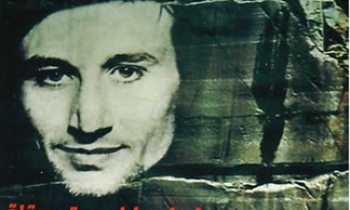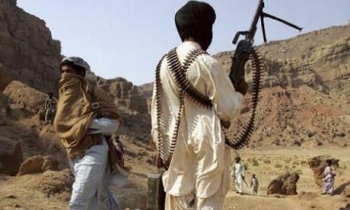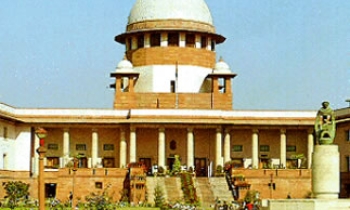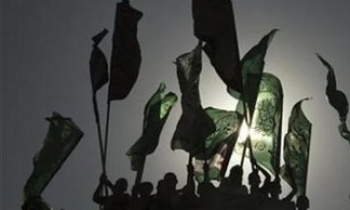Iran's Supreme Court has concluded a hearing to determine whether a fresh investigation into the prison death of an Iranian-Canadian photojournalist in 2003 should be held.
Lawyer Shirin Ebadi, a former Nobel peace prize winner, represented the family of Zahra Kazemi, arguing there were irregularities in the initial investigation and the death was a homicide and not an accident as originally ruled. The court is expected to issue a decision within a week.

Judge Abdollah Amiri, who is in charge of the appeal hearing that opened on Sunday, said the court would announce its decision in a week, according to Agence France-Presse (AFP). "All medical reports say unanimously that an intentional blow has resulted in a fracture and brain hemorrhage leading to Kazemi's death," he said.
A 54-year-old Montreal-based freelance journalist born in Iran, Kazemi died July 10, 2003, while in detention for taking photographs outside a Tehran prison during student-led protests against Iran's theocracy. Kazemi died of a fractured skull and brain haemorrhage while in the custody of Iranian secret police.
An Iranian court ruled she died from a fall after her blood pressure dropped during a hungerstrike. The judges subsequently cleared secret agent Mohammad Reza Aghdam Ahmadi, the sole defendant.
The Canadian government rejected the court's notion, especially since Iran would not allow Canadian observers at the otherwise open trial. The Iranian government also refused a request to return the woman's body to Canada.
"We are sensitive about murder cases, even if it is unintentional and there is no plaintiff. But it is unacceptable for us that other countries spring to Kazemi's defence," Yadollah Aliari, Iran prosecutor's representative said at the end of the hearing, according to AFP.
From the CBC News archives:

Kazemi died on July 11, 2003, almost three weeks after she was arrested for taking pictures outside a prison during a student protest in Tehran. Two days later, Iran's official news agency reported that Kazemi had died in hospital, after suffering a stroke while she was being interrogated. On July 16, the story changed. Mohammad Ali Abtahi, Iran's vice-president, conceded that Kazemi died as a result of being beaten.
Later, the Iranian government charged an Iranian security agent in Kazemi's death. He was acquitted of a charge of "quasi-intentional murder. In July 2004, Iran's judiciary said the head injuries that killed Kazemi were the result of an "accident."
The case stayed under the radar screens of most Canadians until March 31, 2005, and the stunning revelations of Shahram Azam, a former staff physician in Iran's Defence Ministry. He said he examined Kazemi in hospital, four days after her arrest.
Azam said Kazemi showed obvious signs of torture, including:
- Evidence of a very brutal rape.
- A skull fracture, two broken fingers, missing fingernails, a crushed big toe and a broken nose.
- Severe abdominal bruising, swelling behind the head and a bruised shoulder.
- Deep scratches on the neck and evidence of flogging on the legs.
Azam left Iran in August 2004, saying he was seeking medical treatment in Finland. He later went to Sweden and got in touch with Kazemi's son, Stephan Hachemi. With the help of Canadian lawyers, Hachemi helped Azam and his family get to Canada. He was granted landed immigrant status as a refugee sponsored by the government of Canada.
After Kazemi's death, Hachemi demanded that Iran return her body to Canada for burial – but Iran refused. He has also been critical of the federal government, saying Ottawa did not do enough to help his mother. He has demanded that Canada take the case to the International Court of Justice.









